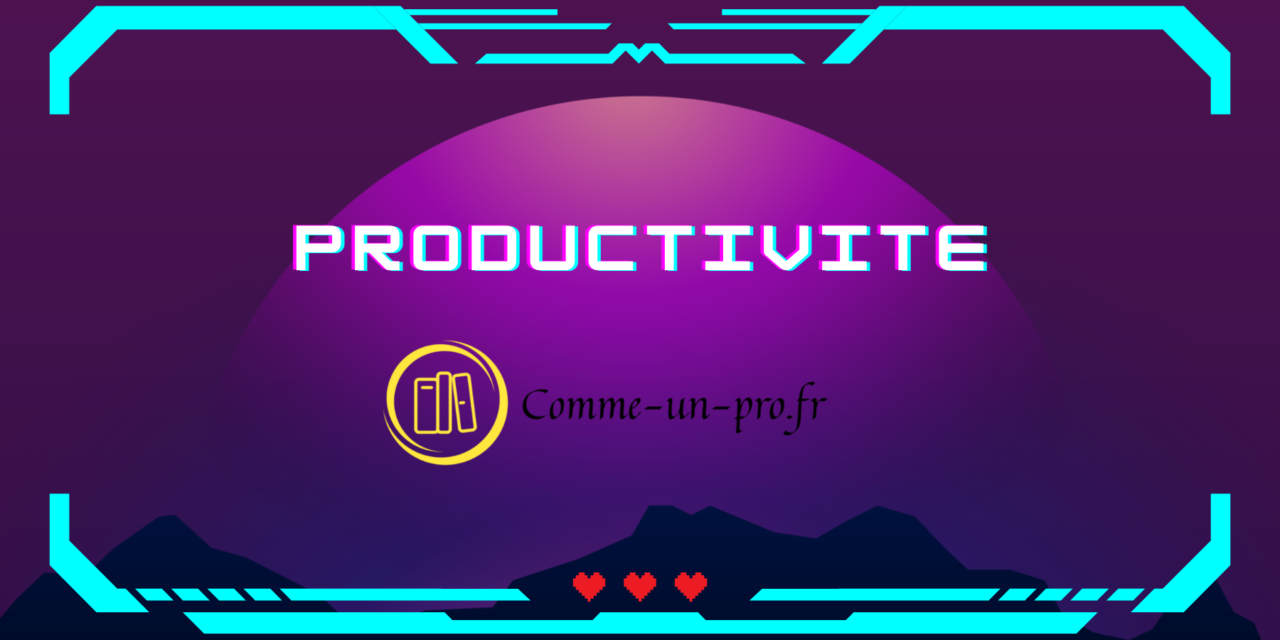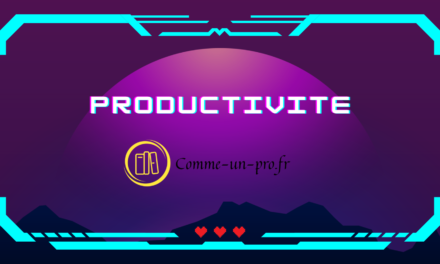Revolutionizing Management: Towards a Collaborative Model
In a constantly evolving world, complexity and societal aspirations for democratic participation call into question traditional management methods. The command/control model, once dominant, is coming up against its limits in this changing context. It becomes imperative to adopt innovative and collaborative management practices.
Opting for a collaborative way of working means favoring collective intelligence. This approach involves engaging all stakeholders in a shared decision-making process and co-constructing solutions. This method stands in stark contrast to hierarchical and top-down systems, paving the way for increased innovation.
The MOOC is designed to be brief, but impactful, aiming to raise awareness of good practices in collaborative work. The objective is to stimulate your interest in this mode of operation and to provide you with practical tools for your personal and professional development.
By adopting these methods, you will transform the work dynamic within your organization. You will encourage an environment where ideas flow freely and every member feels valued. This leads to better job satisfaction and more innovative results.
This course is the perfect introduction for those who want to understand collaborative work strategies. Particularly managers seeking to improve the efficiency of their teams. But also employees who want to contribute in a more meaningful way.
The Impact of Collaborative Management on Business Performance
In a constantly evolving professional world, collaborative management is gaining ground. This management style, focused on collective intelligence, promotes involvement and co-construction. It is clearly different from the traditional hierarchical model. This change in way of looking at things offers many advantages for businesses.
First, collaborative management stimulates innovation. By involving various stakeholders, it opens the door to new ideas and perspectives. This diversity of thought often leads to creative and effective solutions. In addition, this mode of operation strengthens employee engagement. When employees feel listened to and valued. Their motivation and job satisfaction increase.
In addition, collaborative management improves communication within the company. Collaborative work sessions allow for better circulation of information. They also promote mutual understanding and reduce conflicts. This improvement in communication is crucial for project success and team cohesion.
Furthermore, this management style prepares companies for future challenges. Collaborative management, by promoting agility and flexibility, makes companies more robust in the face of change.
Companies that adopt this management style are better equipped to thrive in today's business landscape.
Maximizing Collaboration: Keys to Effective Collective Intelligence
Collective intelligence transforms organizations. It depends on effective collaboration between members. Let's explore strategies to maximize collaboration and develop collective intelligence in businesses.
First, establishing a culture of trust is crucial. Employees must feel free to express their agreements or disagreements without fear. This atmosphere encourages innovation and creativity. Mutual trust is the cornerstone of any successful collaboration.
Second, diversity is essential. Diverse teams bring varied perspectives. An effective way to enrich decision-making. Diversity stimulates creativity and allows problems to be approached from different angles.
Third, clear and effective communication is essential. Communication tools must be adapted to facilitate exchanges. Technology plays an important role, but interpersonal skills are just as crucial.
Fourth, continuing education is necessary. Employees must learn problem-solving, critical thinking and teamwork skills. These skills are a vital contribution to an effective contribution to collective intelligence.
Finally, it is important to value each contribution. Recognition of individual efforts strengthens motivation and the feeling of belonging. Recognition can be verbal or through formal rewards.
These elements are fundamental for those seeking to innovate and adapt in an ever-changing environment.


